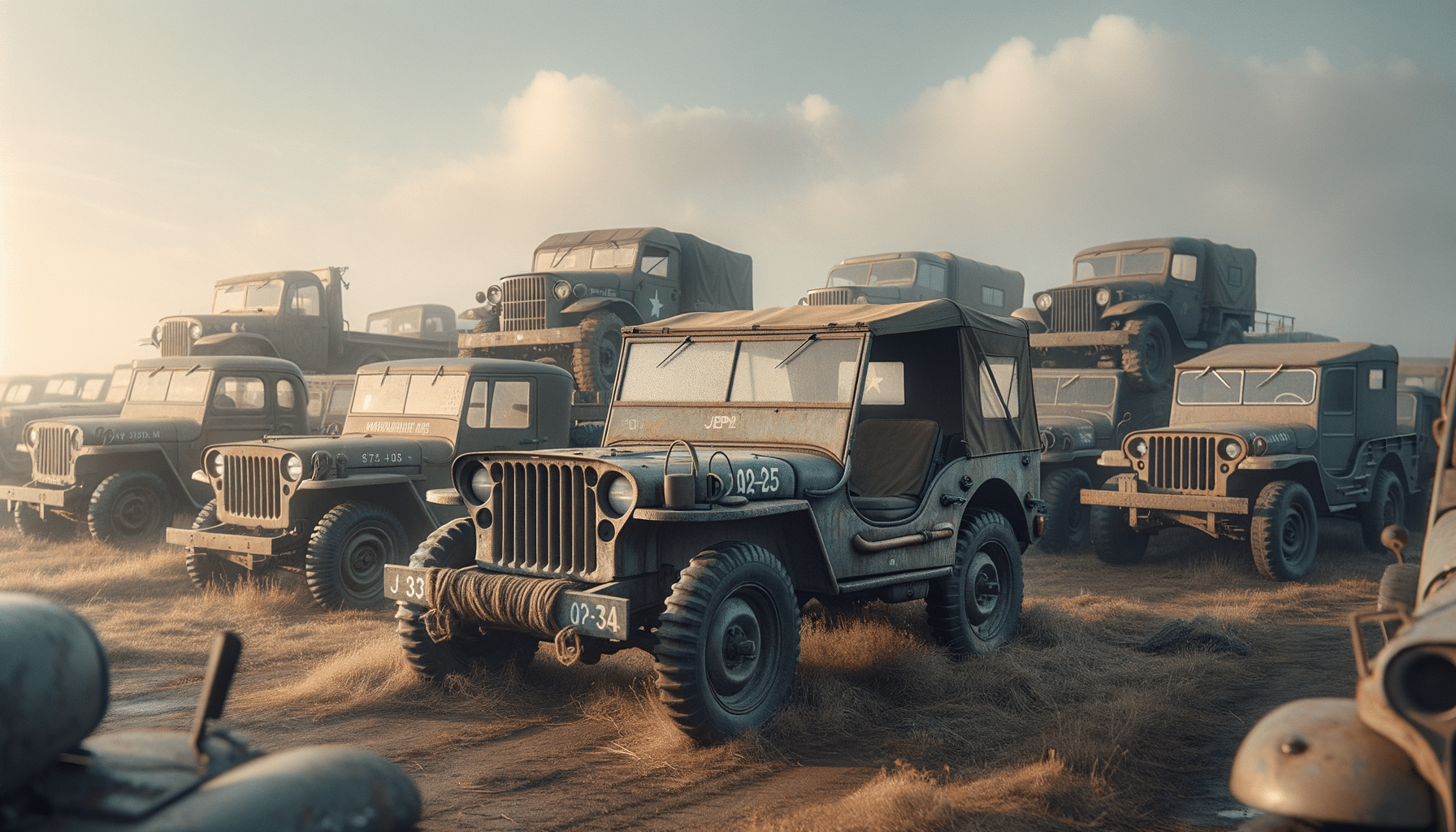
Ex Military Vehicles Auctions: Understanding Market Options
Introduction to Military Vehicles Auctions
Military vehicles auctions present a unique opportunity for collectors, enthusiasts, and businesses to acquire surplus military equipment. These auctions are not only a chance to own a piece of history but also offer practical solutions for various industries. Whether for personal use, restoration projects, or commercial purposes, military vehicles provide robust capabilities that can be repurposed beyond their initial military intent.
The Appeal of Military Vehicles
Military vehicles are renowned for their durability and versatility. Built to withstand harsh environments and demanding conditions, these vehicles often feature advanced engineering and technology. This makes them attractive to a wide range of buyers, from off-road enthusiasts to movie studios seeking authentic props. The appeal lies in their rugged build, which is often unmatched by civilian vehicles, and their potential for customization.
Some popular types of military vehicles available at auctions include:
- Armored personnel carriers
- Jeeps and trucks
- Tanks and self-propelled artillery
- Utility and support vehicles
How Military Vehicle Auctions Work
Military vehicle auctions are typically organized by government agencies or specialized auction houses. These events can be held online or in-person, offering a range of vehicles that have been retired from service. The auction process involves registering as a bidder, inspecting the vehicles, and participating in the bidding either live or via an online platform.
It’s crucial for potential buyers to conduct thorough research and inspect vehicles before bidding. Understanding the condition, history, and legal requirements for ownership is essential to making an informed purchase. Some auctions may also provide detailed documentation and history reports for each vehicle, helping buyers assess value and potential restoration needs.
Legal Considerations and Ownership
Owning a military vehicle comes with specific legal considerations. Prospective buyers must be aware of the regulations surrounding the purchase, registration, and use of these vehicles. Restrictions can vary depending on the vehicle type and local laws. For instance, some vehicles may require demilitarization to ensure they are safe for civilian use.
Additionally, buyers should consider insurance and storage requirements, as military vehicles can be larger and more complex than standard vehicles. Consulting with experts in military vehicle restoration and ownership can provide valuable guidance in navigating these legal landscapes.
Conclusion: A Unique Opportunity
Military vehicle auctions offer a unique opportunity to acquire robust and historically significant vehicles. Whether for personal enjoyment, business use, or investment, these auctions provide access to a diverse range of vehicles with rich histories. As with any significant purchase, due diligence is crucial to ensure a rewarding experience. By understanding the auction process, legal requirements, and potential uses, buyers can make informed decisions and enjoy the full benefits of owning a military vehicle.


